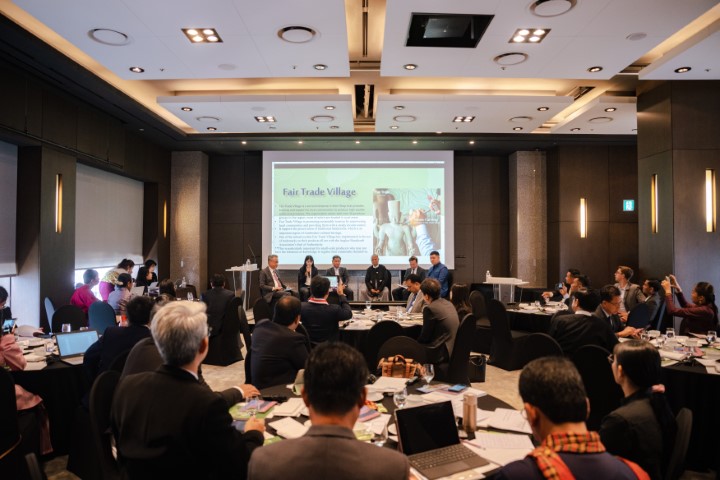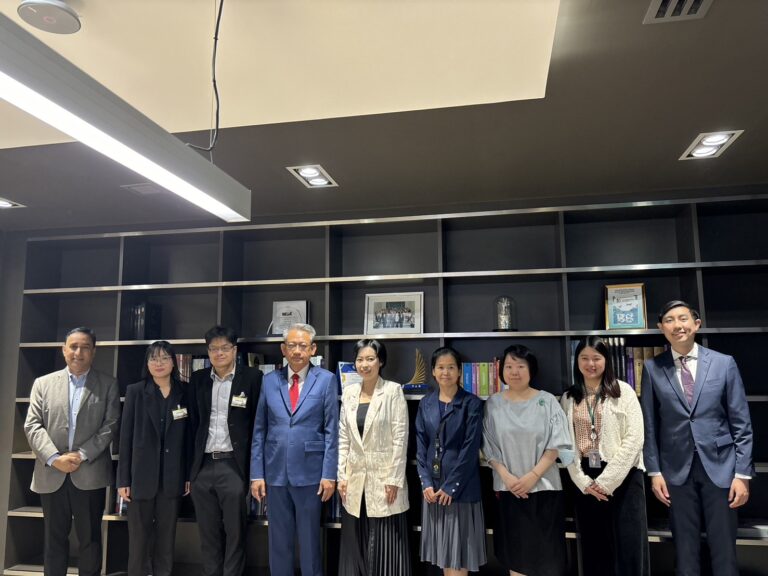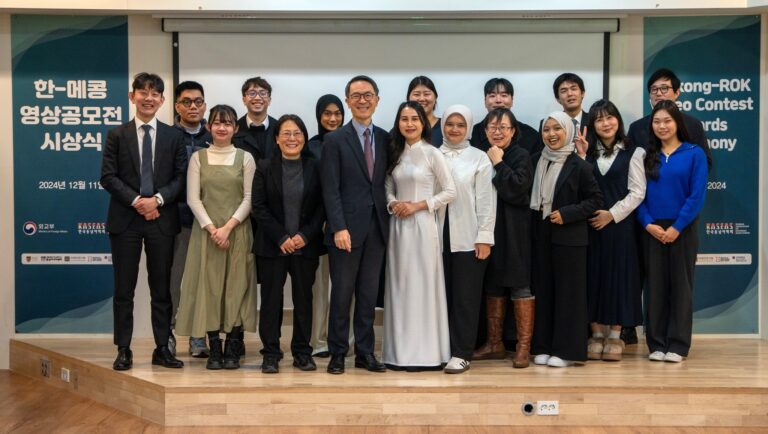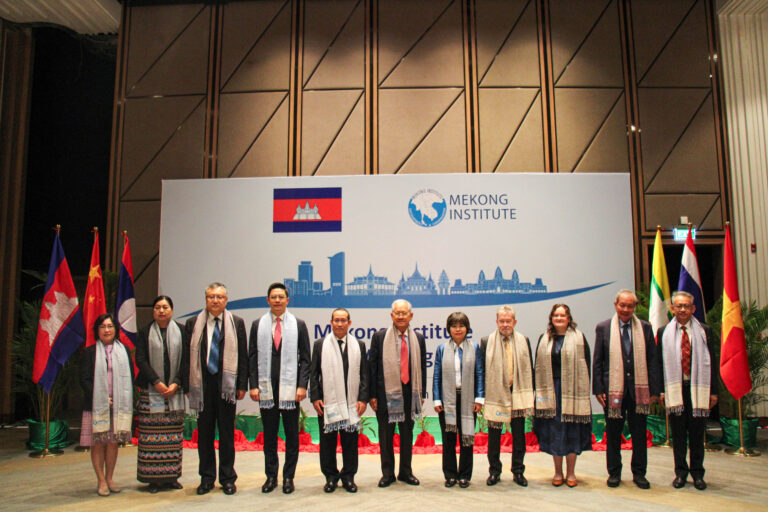Mekong Institute (MI) successfully hosted an international exchange program aimed at promoting sustainable and smart tourism in the heritage cities of the Mekong region and the Republic of Korea (ROK). The program, with the theme “Heritage Connections: Promoting Sustainable and Smart Tourism in the Heritage Cities of Mekong and RoK” ran from June 26 to 30, 2023, in Seoul, RoK, and brought together delegates from various Greater Mekong Subregion (GMS) heritage cities.
Around 60 representatives from Ayutthaya in Thailand, Siem Reap in Cambodia, Luang Prabang in Laos, Bagan in Myanmar, Hue in Vietnam, Seoul, and Jeonju in Korea participated in the three-day exchange program. These delegates, consisting of public and private sector representatives, gathered to exchange knowledge, strengthen relationships, and lay the foundation for future collaborations.
The event was graced by Ms. Kyung-hwa Chung, Director of Southeast Asia Division II, Ministry of Foreign Affairs, ROK, who emphasized the significance of heritage connections in promoting cultural understanding and sustainable development during her special remarks.
The program included several key activities to facilitate learning and collaboration among the participants. These activities included an exchange forum, a synthesis workshop, structured learning visits (SLV), and a non-binding Memorandum of Understanding (MOU) signing ceremony.
Delegates from each heritage city shared their best practices, exchanged ideas, and presented their approaches to sustainable and smart tourism during the exchange forum. This provided an opportunity for cross-learning and the identification of effective strategies to preserve cultural heritage and promote responsible tourism.
We are happy to be connected with the Mekong countries through this event. We did not know the level of diversity and depth of culture that Cambodia, Lao PDR, Myanmar, Thailand, and Viet Nam have. This was indeed a great opportunity to learn about it,
a representative from the Seoul Tourism Association said.
The SLV took the Mekong delegates to various heritage sites in Korea, where they gained firsthand experience of historical and cultural immersion. They learned about the successful management and preservation practices implemented in these sites, which can be adapted and implemented in their heritage cities.
A significant highlight of the program was the signing of non-binding MOUs between delegates representing respective heritage cities in the Mekong region and the RoK. These MOUs signify the commitment of the participating cities to collaborate and support each other in areas related to heritage conservation, sustainable tourism, cultural exchange, and other mutually beneficial activities.
Ms. Hyeon-ah Banh, Director of the International Cooperation Department in the City of Jeonju, expressed her belief that the signing of MOUs has laid a stepping stone for further developing relationships with the Mekong region. She emphasized the potential of the Mekong area and the opportunities it offers for countries seeking new avenues for growth. Ms. Banh also expressed her city’s willingness to share its experiences in developing tourism and culture-related initiatives.
The program also saw the launch of the Mekong Heritage App, an innovative digital platform that provides comprehensive information on heritage attractions and tourism services in the Mekong region. The app aims to enhance visitors’ experience, promote responsible tourism practices, and raise awareness about the rich cultural heritage of the Mekong cities.
The program concluded with a synthesis workshop, where participants reflected on the shared information, identified barriers and investment opportunities, and consolidated their insights into actionable recommendations for strategic investment plans in each heritage city of the Mekong region.
The successful hosting of the international exchange program underscored the commitment of the participating heritage cities to preserve their cultural heritage, advance sustainable practices, and promote smart tourism.
The exchange program is among the initiatives implemented by MI under the Sustainable and Smart Tourism Development in the Mekong Region Project with the financial support of the Mekong-Republic of Korea Cooperation Fund (MKCF). The project introduces smart tourism tools, techniques, and technologies to promote and strengthen the application of sustainable and smart tourism practices with activities running until December 2023. Moving forward, the project will carry out an investment facilitation activity, collaborating closely with potential investors and key stakeholders in each Mekong heritage city.







